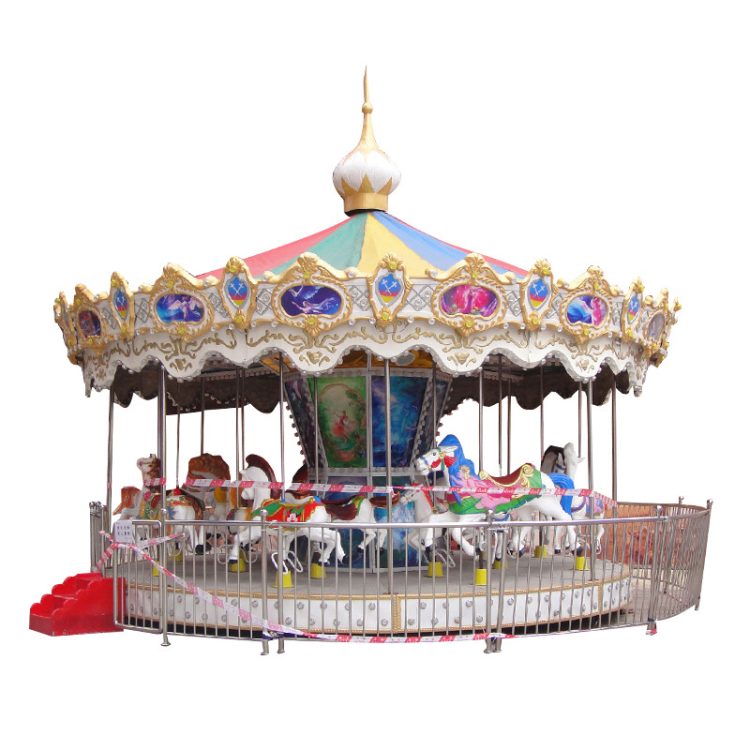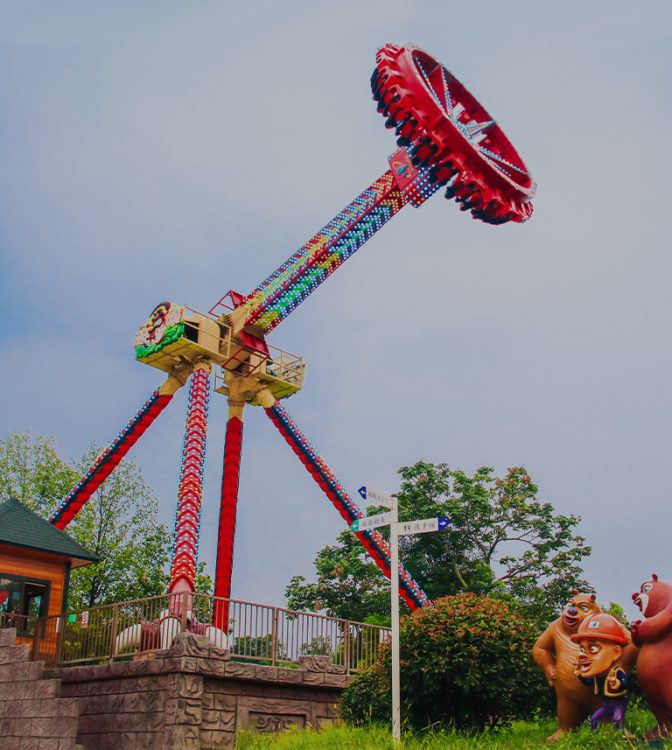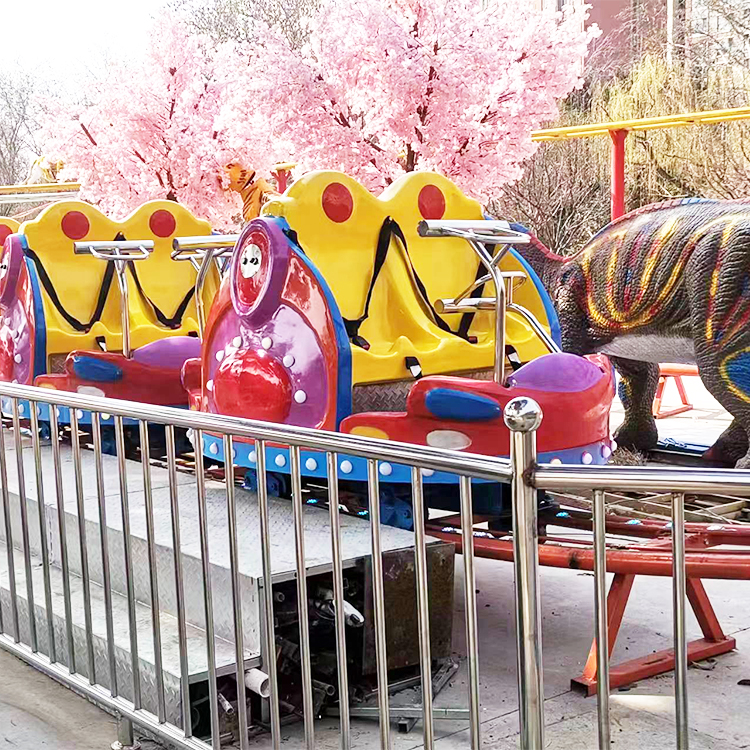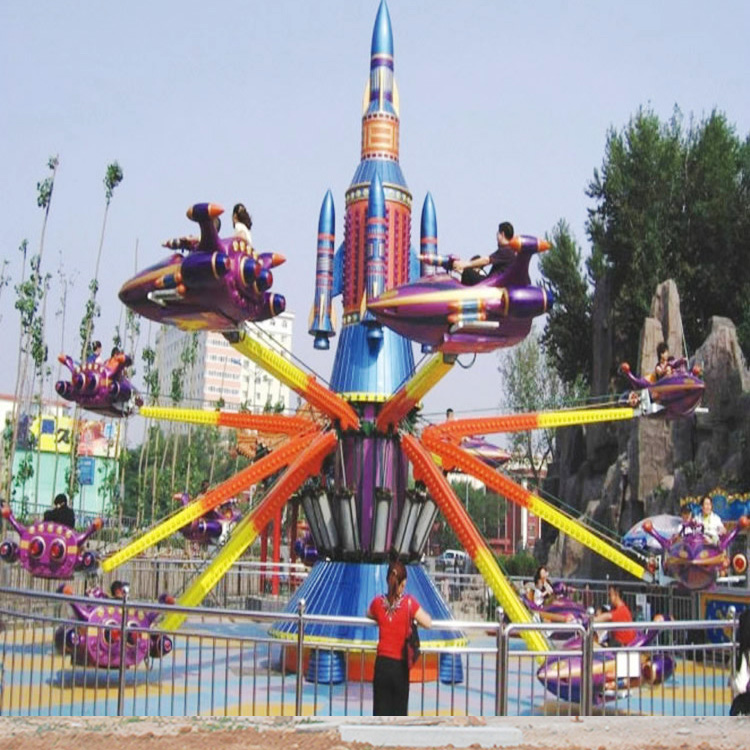High Quality Products & Services for Your Business
What are the popular children’s playground equipment?
Children’s playgrounds are vibrant spaces filled with laughter, energy, and endless opportunities for fun. From traditional swings and slides to modern climbing structures and interactive play zones, playground equipment is designed to cater to the diverse interests and developmental needs of children. Here’s a look at some of the most popular children’s playground equipment that continues to captivate young minds and bodies.
- Swings
Swings are a timeless favorite in playgrounds around the world. The simple joy of swinging back and forth, feeling the wind rush by, is something that children never tire of. Swings come in various designs, including traditional belt swings, bucket swings for toddlers, and inclusive swings for children with disabilities. The rhythmic motion of swinging not only provides fun but also helps develop balance and coordination.
- Slides
Slides are another playground classic that children adore. They come in numerous shapes and sizes, from straight and wavy slides to spiral and tube slides. Slides can be standalone structures or integrated into larger playsets. The thrill of climbing to the top and sliding down at speed is an exhilarating experience for kids, promoting physical activity and gross motor skills.
- Climbing Structures
Climbing structures are essential for any modern playground. These structures range from simple ladders and climbing walls to elaborate jungle gyms and rope courses. Climbing helps children develop strength, coordination, and problem-solving skills. Popular climbing structures include monkey bars, rock walls, rope nets, and geometric dome climbers.
- Playhouses and Forts
Playhouses and forts ignite children’s imaginations and encourage creative play. These structures often resemble mini houses, castles, or forts, complete with windows, doors, and lookout towers. They provide a space for role-playing, social interaction, and imaginative adventures. Playhouses can be themed, such as pirate ships or fairy tale castles, adding an extra layer of excitement.

- See-Saws
See-saws, also known as teeter-totters, are playground staples that promote cooperative play. Two children sit on opposite ends of a balanced board and push off the ground to go up and down. See-saws help develop balance, coordination, and teamwork. Modern see-saws come in various designs, including spring-loaded and multi-seater versions, enhancing safety and versatility.
- Merry-Go-Rounds
Merry-go-rounds, or roundabouts, are rotating platforms that children can sit or stand on while they spin. These rides offer a fun way to experience centrifugal force and develop strength and balance. Modern merry-go-rounds often include safety features like handrails and speed control mechanisms to ensure safe play.
- Sandboxes
Sandboxes are simple yet highly engaging play areas where children can dig, build, and explore. Equipped with toys like shovels, buckets, and molds, sandboxes provide endless opportunities for creative play and sensory exploration. They are great for social interaction and developing fine motor skills.
- Spring Riders
Spring riders are bouncy playground fixtures mounted on sturdy springs, often shaped like animals, vehicles, or cartoon characters. Children can rock back and forth, enjoying the sensation of riding a bouncing creature. Spring riders are designed for younger children and help develop balance, coordination, and core strength.
- Interactive Play Panels
Interactive play panels are increasingly popular in modern playgrounds. These panels feature activities such as puzzles, musical instruments, mazes, and games that stimulate cognitive development and fine motor skills. They are often integrated into larger play structures or standalone units, providing educational and sensory-rich play experiences.
- Inclusive Play Equipment
Inclusive play equipment ensures that children of all abilities can enjoy playgrounds together. This includes wheelchair-accessible swings, ramps, sensory play panels, and ground-level play structures. Inclusive playgrounds promote social inclusion, empathy, and understanding among children, making playtime accessible and enjoyable for everyone.
Conclusion
Children’s playgrounds are dynamic environments that offer more than just fun—they are crucial for physical, social, and cognitive development. From the exhilarating rush of a slide to the imaginative adventures in a playhouse, playground equipment provides diverse opportunities for children to learn, grow, and thrive. As playground designs continue to evolve, the focus on safety, inclusivity, and creativity ensures that playgrounds remain beloved spaces for generations to come.
Related recommendations
-
Popular Amusement Park Rides That Captivate the Masses
594Amusement parks around the world offer a variety of attractions that captivate and thrill visitors of all ages. From adrenaline-pumping roller coasters to family-friendly carousels, these rides have become staples in the amusement industry. Here’...
View details -
High-Quality Amusement Equipment for Fun and Safety – [HOTFUN]
128Introduction: At [HOTFUN], we specialize in designing and manufacturing top-tier amusement equipment that delivers excitement, fun, and most importantly, safety. Whether you are operating a theme park, an entertainment center, or a family-friendl...
View details -
What are the products of the very popular children’s amusement park attractions?
498Amusement parks are a haven for fun and adventure, especially for children. These parks are filled with attractions designed to spark joy, creativity, and excitement in young visitors. From whimsical rides to interactive play areas, children’s am...
View details -
The Thrill of Amusement Rides: An Overview of Popular Attractions
378Amusement parks have long been a source of joy and excitement for people of all ages. Central to this experience are the thrilling rides and attractions that draw visitors in and keep their hearts racing. From classic carousels to cutting-edge ro...
View details
 chinaparkrides
chinaparkrides






Leave a Reply